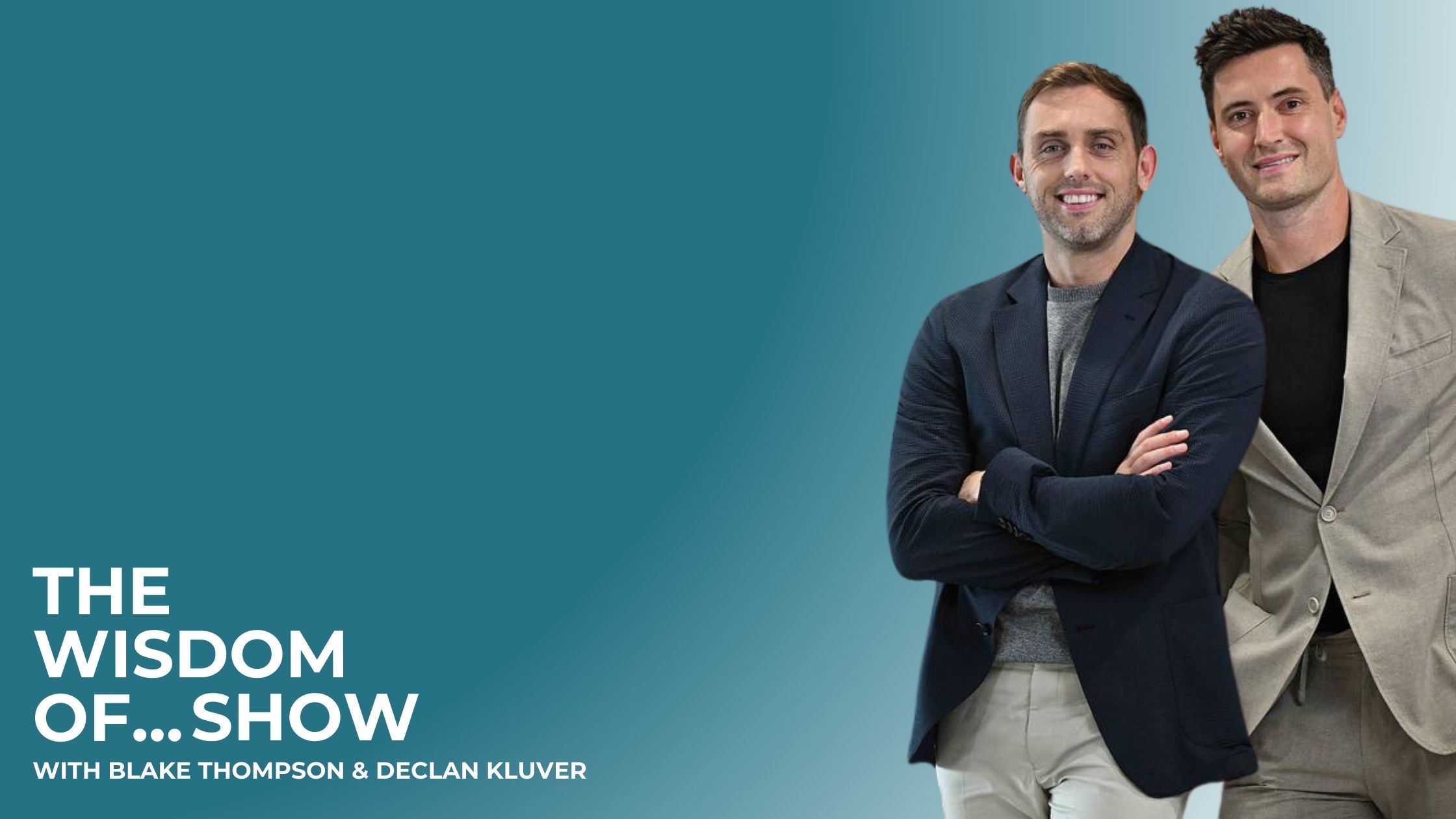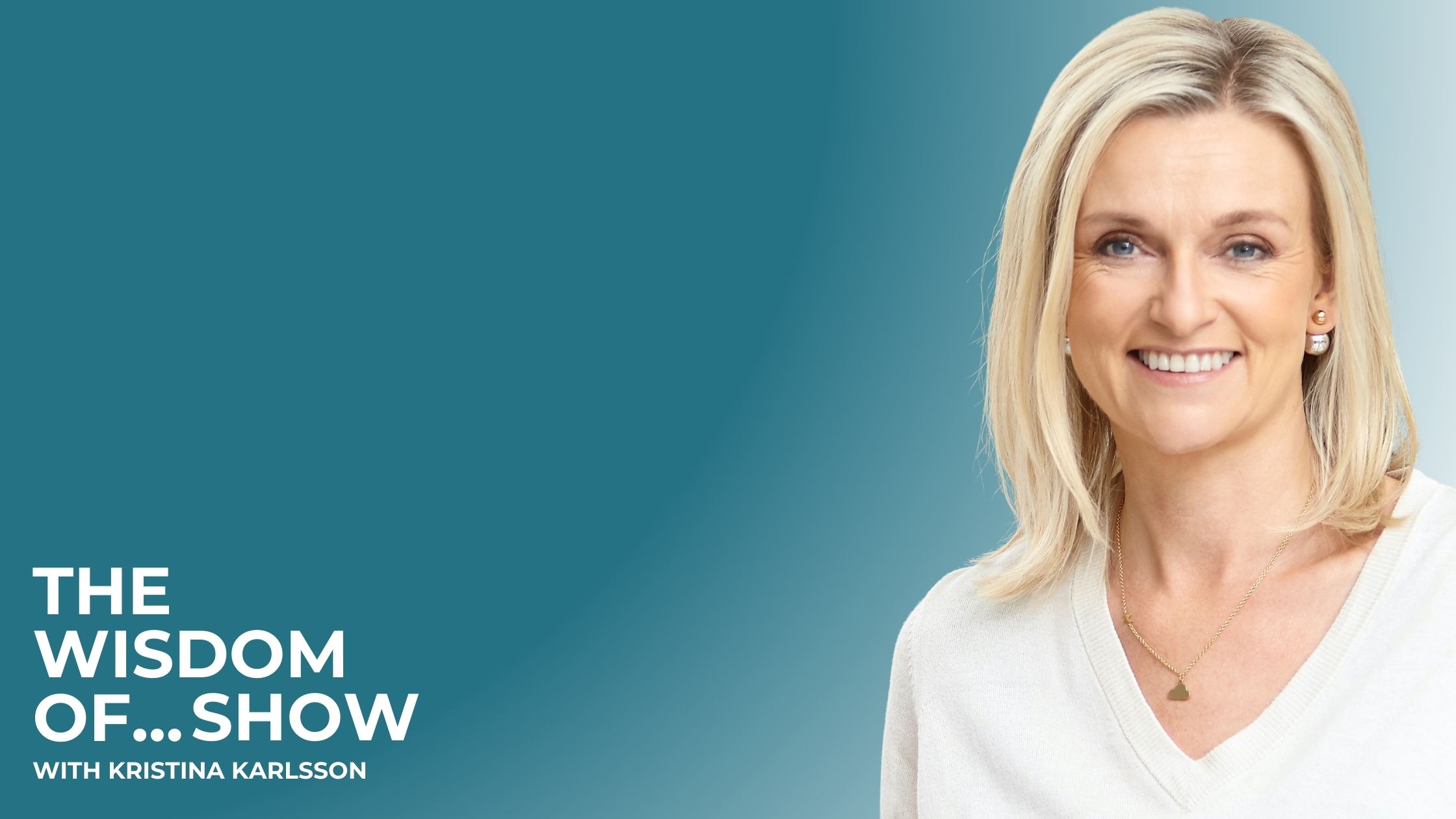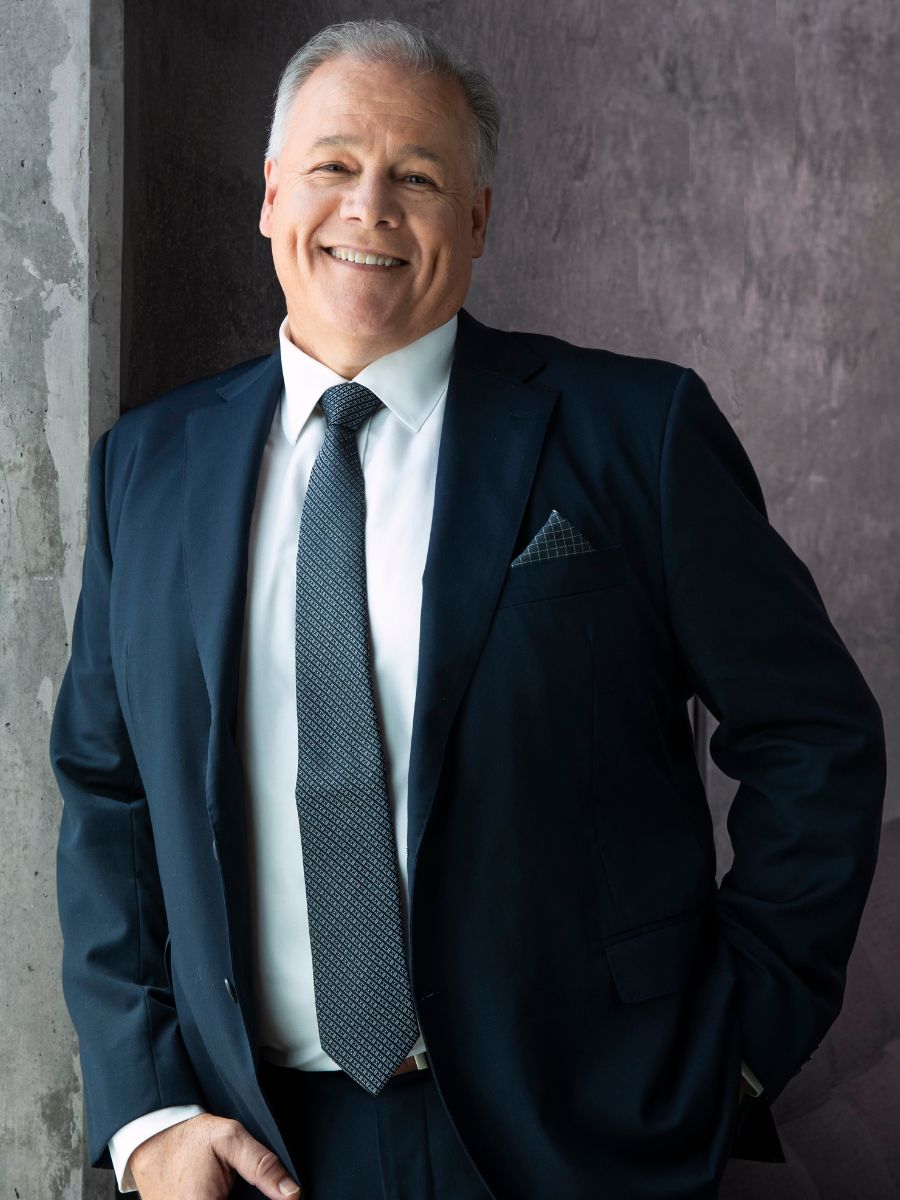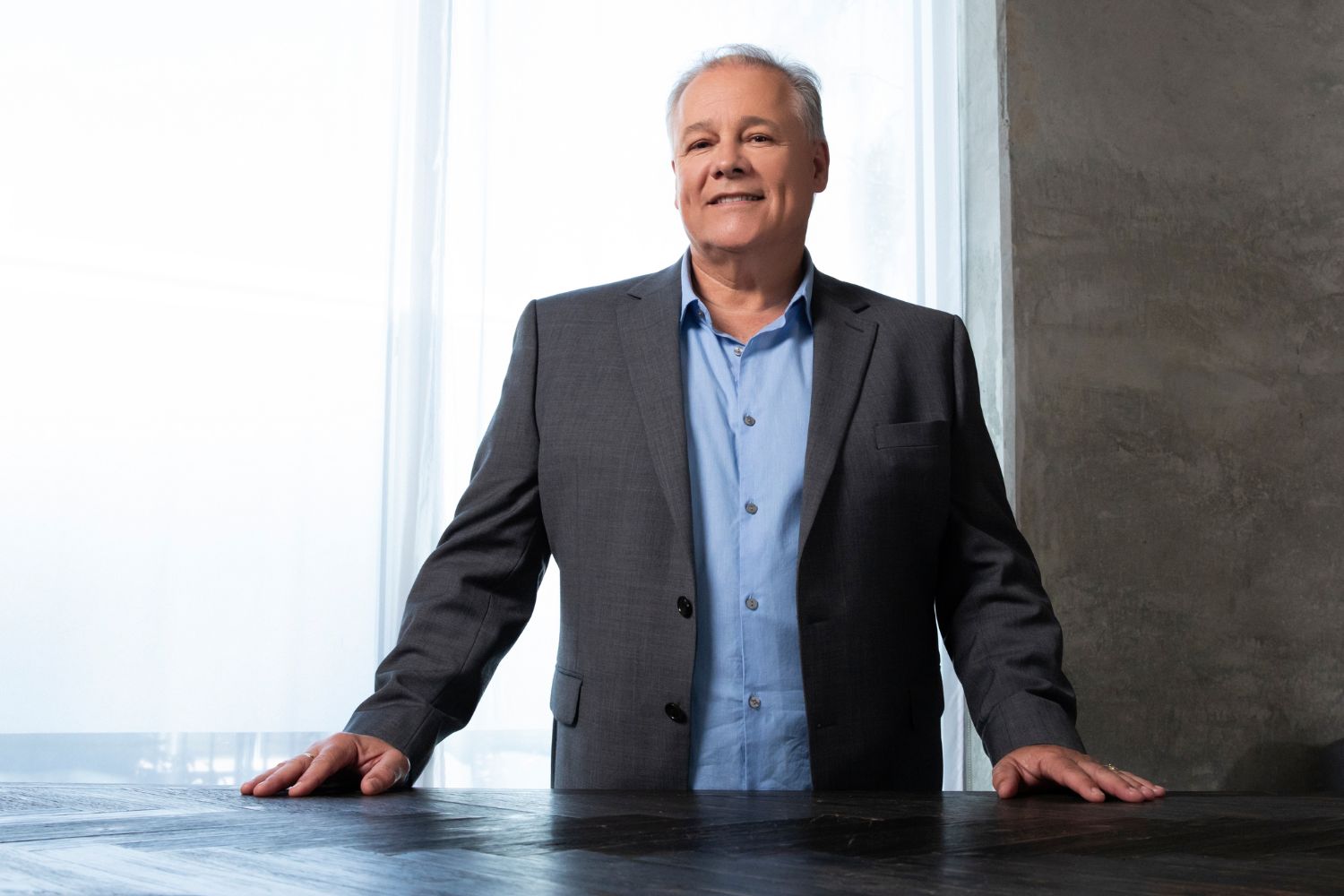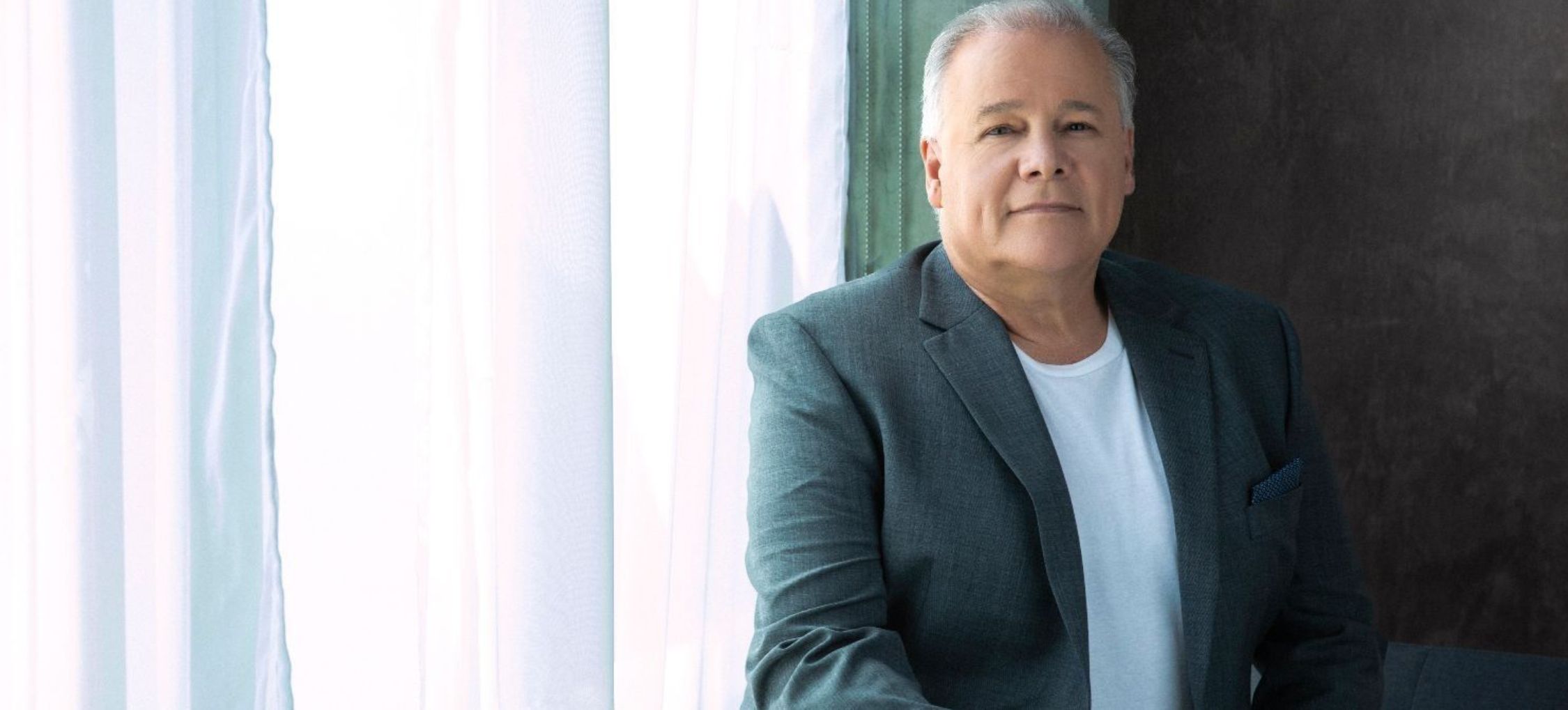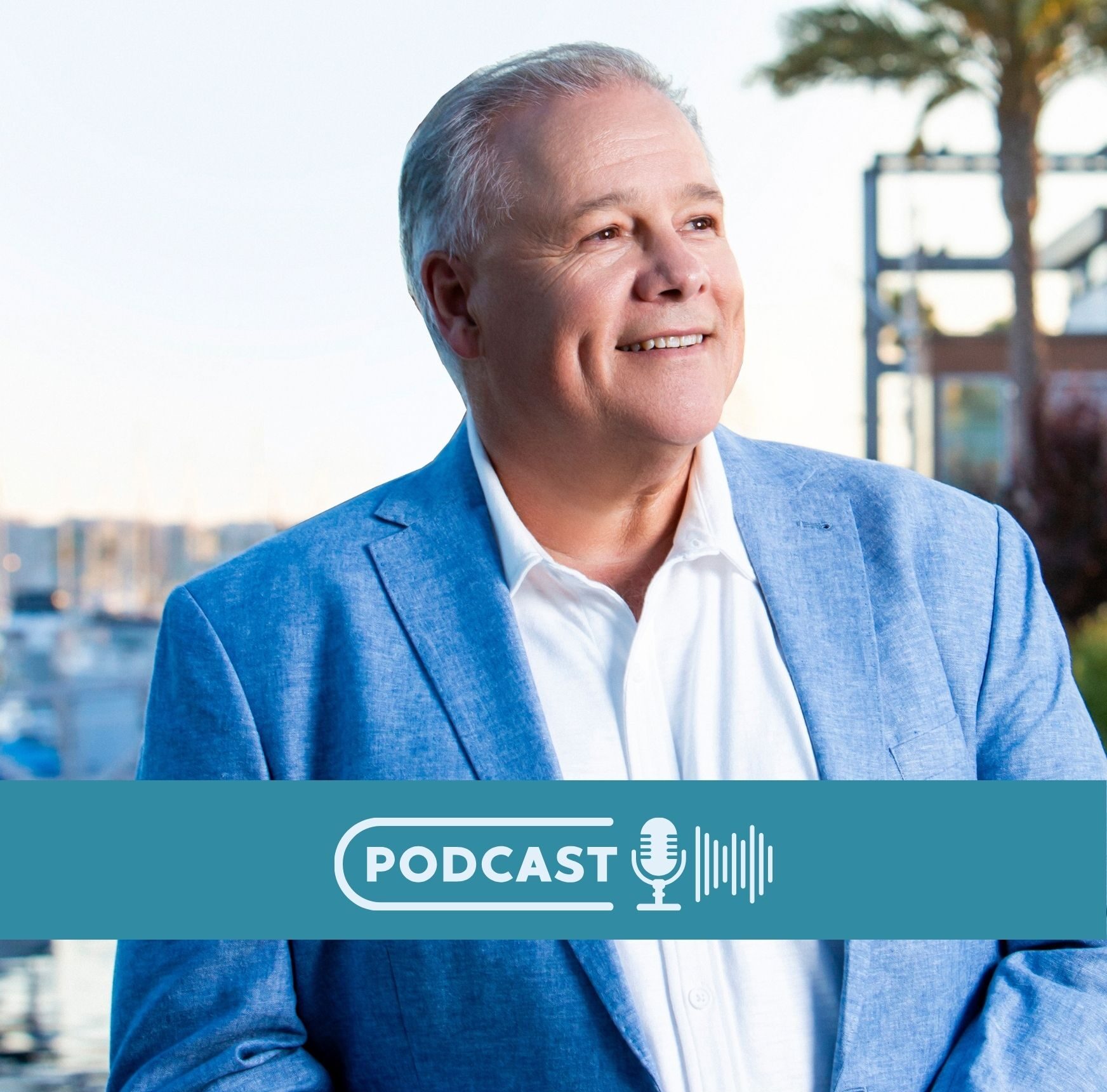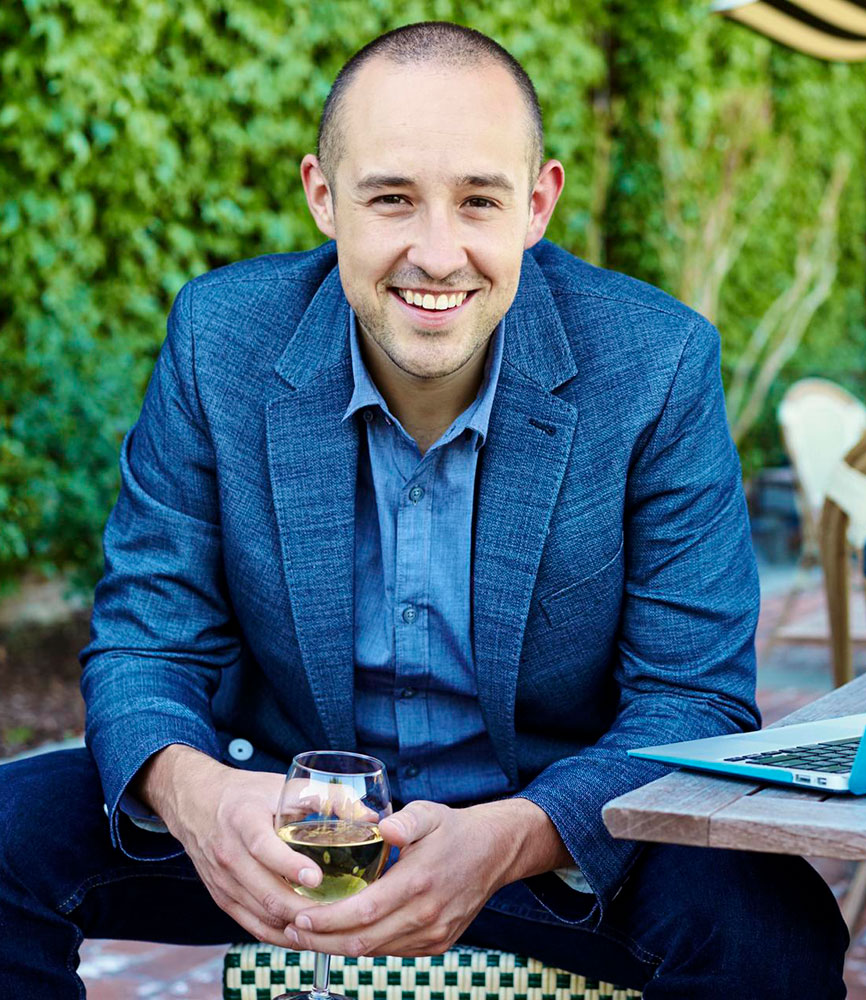In the face of unimaginable tragedy, some individuals find the strength not just to survive, but to ignite a movement that changes the world.
Rosie Batty is one such extraordinary person.
I recently had the privilege of sitting down with Rosie for The Wisdom Of… Show, and I’m still processing the profound insights she shared.
For those who might not know, Rosie became a tireless advocate against domestic violence after her 11-year-old son, Luke, was tragically murdered by his father in 2014. She has become a household name in Australia, becoming the Australian of the Year in 2015.
My conversation with Rosie was one of the most impactful I have had so far. Rosie is truly a human masterclass in how to turn grief into action, and how to challenge deeply ingrained societal norms.
The Power of Vulnerability
“I’ve recently written my book because I wanted people to know the reality of who I am… because no one can be a pedestal person,” Rosie told me.
In a world obsessed with curated perfection, Rosie’s raw honesty is like a breath of fresh air. She’s not afraid to show her humanity, and in doing so, she connects with people on a level that transcends mere words.
As leaders, we often feel pressured to project an image of unwavering strength.
But what if our real power lies in embracing our vulnerability?
Rosie’s approach reminds us that authenticity isn’t just refreshing – it’s transformative.
Want to learn how vulnerability can enhance your leadership? Watch the full interview with Rosie Batty now.
Reframing the Conversation
One of the most fascinating aspects of our discussion was Rosie’s insights into the power of language. She challenged me to rethink terms like “family violence,” asking, “Why do we place ‘family’ or ‘domestic’ in front of the word violence? As if somehow, oh, it’s not as bad because it’s family.”
This isn’t just semantics.
She confronts uncomfortable truths.
Rosie even went so far as to call it “terrorism,” stating, “We are more likely to be terrorized and impacted by the terrorism in our own home than from overseas.”
Think about that for a moment.
How often do we use language that unintentionally minimizes serious issues?
As leaders, our words shape reality. Are we using language that accurately conveys the gravity of the challenges we face?
The Long Game of Social Change
Rosie revealed some statistics that floored me (these are Australian, but they are similar in other Western countries):
One woman is murdered every four days in Australia due to domestic violence.
One in three women experiences physical violence in their lifetime.
One in four children is impacted by family violence.
These numbers are staggering.
Unimaginable.
Unacceptable.
Despite her history, Rosie refuses to let them define the future.
Instead, she draws fascinating parallels between the fight against domestic violence and Australia’s anti-smoking campaign – one of the most successful public health initiatives in the world.
“I reflect more on the anti-smoking campaign… and I see that as an example of where we should head with family violence,” Rosie explained.
This comparison offers a powerful lesson for any leader tackling complex, deeply ingrained issues:
- Change takes time. The anti-smoking campaign took 25 years to see significant results.
- A multifaceted approach is crucial. The campaign addressed advertising, workplace policies, and social norms simultaneously.
- Consistency is key. The message was persistent and pervasive across various platforms.
The takeaway? Transformative change doesn’t happen overnight. It requires a long-term vision, consistent effort, and the courage to challenge societal norms at multiple levels.
Learn how to implement long-term strategies for change in your organization. Watch the full interview for more insights.
Business as a Force for Good
As someone who believes that business can be a powerful catalyst for positive change, I was particularly interested in Rosie’s thoughts on the corporate world’s role in addressing domestic violence.
“You see, large organizations like banks and others have realized that not only do their customers come in affected by this issue—if one in three women is impacted in some way, that means potentially their clients are struggling—but it also means that their staff may be impacted,” Rosie noted.
This recognition has led to concrete changes, such as the introduction of paid leave for victims of domestic violence. It’s a powerful reminder that businesses have both the opportunity and the responsibility to drive social change.
But here’s the challenge I pose to you:
How can your organization be a force for good?
… and no, I don’t just mean CSR.
How can you FUNDAMENTALLY reshape your workplace culture (and therefore play your part in reshaping societal norms?)
The Courage to Be Uncomfortable
Perhaps the most challenging aspect of our conversation was Rosie’s insistence on confronting uncomfortable truths.
She didn’t shy away from stating that 94% of perpetrators of family violence are men, acknowledging the discomfort this statistic often causes.
“People really did not want to hear that,” she said. But Rosie’s approach isn’t about blame; it’s about honest confrontation of facts as a starting point for change.
This willingness to sit with discomfort is crucial for any leader seeking to address complex issues. It’s easy to avoid difficult conversations, but real progress only happens when we have the courage to face uncomfortable truths head-on.
Hope as the Ultimate Act of Rebellion
Despite the heavy nature of our discussion, what shone through was Rosie’s unwavering hope. In the face of those staggering statistics I mentioned earlier, Rosie refuses to give up.
“We do require strong leadership,” she emphasized. “And of course that comes from political and business leadership. We need lots of things to come into play with funding and resourcing and expertise.”
This hope, grounded in realism but unshakeable in its conviction, is perhaps Rosie’s most powerful message.
She reminds us that even in the face of seemingly insurmountable challenges, our belief in the possibility of change can be a powerful catalyst for action.
The Wisdom of Rosie Batty: A Call to Action
My conversation with Rosie Batty was a masterclass in courageous leadership and societal change. Her insights offer valuable lessons not just for those working to end domestic violence, but for anyone seeking to make a positive impact in the world.
As leaders, we have a responsibility to address the complex issues facing our society. Whether it’s in our businesses, our communities, or our personal lives, we all have the power to be catalysts for change.
I urge you to watch the full interview with Rosie Batty.
Her wisdom, earned through unimaginable hardship, offers a roadmap for how we can all become better stewards of humanity. And once you’ve watched, share it with someone who needs to hear this message.
Remember, the world changes when enough of us decide to change it. Let Rosie’s story be the spark that ignites your own journey toward making a difference. Together, we can turn the tide on domestic violence and create a safer, more compassionate world for all.

